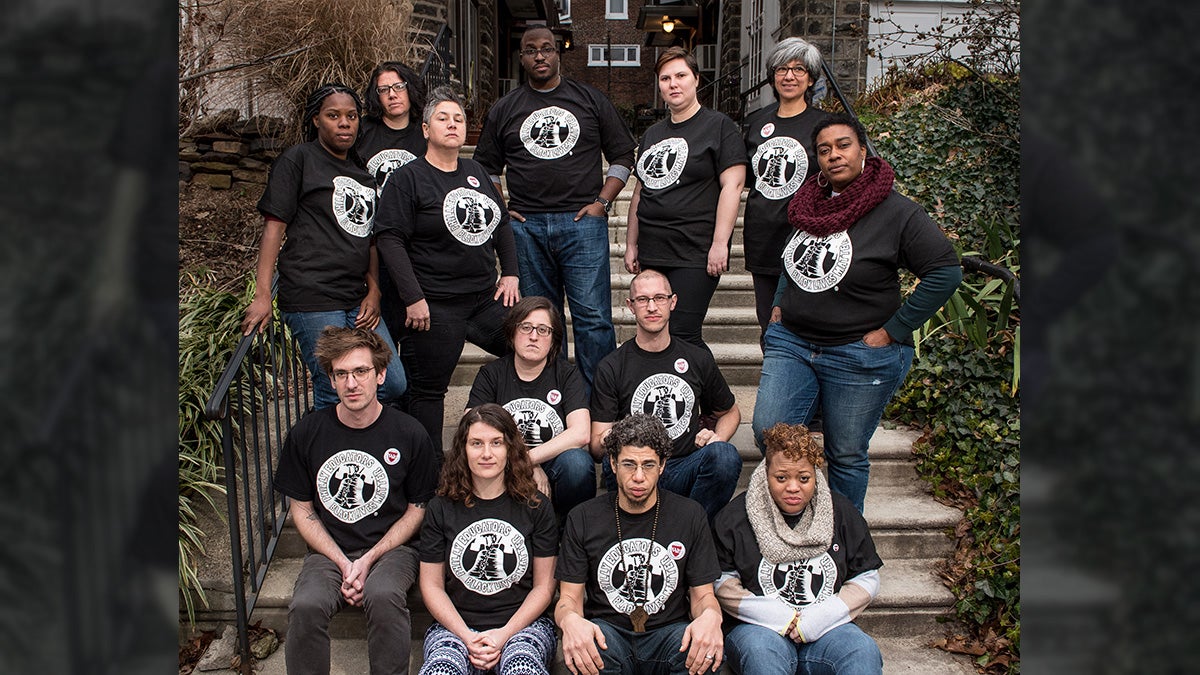Lessons on Black Lives Matter

Photo Courtesy: Caucus of Working Education
The summer before my son’s sophomore year in high school, unarmed Black teenager Michael Brown was shot and killed by police in Ferguson, Missouri.
Like so many people across the country, my family was outraged and heartbroken. We attended vigils and protests and called for change in every way we knew how.
Around the dinner table, we also talked about what was happening across the country. My children, then 15, 11, 8 and 7, years old, held strong opinions. The younger ones spent time in their elementary school learning about racism, pro-testing, and parents of color having to have “the talk” while parents of white children did not. They also saw their principal at Black Lives Matter marches.
Yet my 15 year old son heard nothing in any of his high school classes that entire fall. Not one discussion, not one article, not one video. As a Black teen, he stood at this critical crossroads of race, development, and current events, and his teach-ers were teaching as if it weren’t happening. This omission deeply impacted his sense of belonging in his school community.
I eventually realized it was time to be ‘that’ mom. I contacted a teacher at the school who, along with other faculty members, worked to make thoughtful changes in the curriculum. Suddenly, students in English class were examining poetry and rap lyrics and reading letters from Trayvon Martin’s mother to Michael Brown’s.
My son and I profoundly appreciated those changes; they made a difference in the way he came to view his voice and place in the school. But I will never forget how unseen, unheard, and unwelcome he felt while his teachers were ignoring the Black Lives Matter movement. It was a turning point for me as a parent and an educator.
Led by the Caucus of Working Educators, Black Lives Matter Week planned and implemented across Philadelphia schools last week was both brave and overdue. Black students deserve to know that their teachers hear, see, and value their struggle. But regardless of race, every Philadelphia student needs to understand the principles that guide the movement and the historic shift taking place all around them. To continue to ignore the momentous demand for change echoing across our country in the years since Trayvon Martin’s death is akin to educa-tional malpractice.
To the Philadelphia educators exploring the historical and societal importance of the Black Lives Matter movement, you are sending a strong message of support at a time when so many students are feeling undervalued and unsafe in their schools and in their world.
WHYY is your source for fact-based, in-depth journalism and information. As a nonprofit organization, we rely on financial support from readers like you. Please give today.

